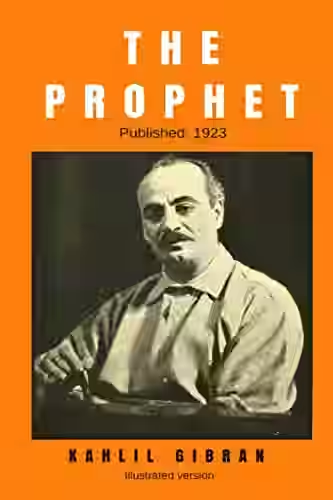
Kahlil Gibran's 'The Prophet' is a timeless classic that delves into profound philosophical insights through the allegorical conversations between a prophet, Almustafa, and the people of Orphalese. The book addresses fundamental life aspects, including love, marriage, work, freedom, and sorrow, imparting timeless wisdom and spiritual guidance. Gibran's poetic prose beautifully captures the essence of the human experience, resonating with readers from various walks of life. 'The Prophet' transcends cultural and religious boundaries, offering universal truths that continue to inspire and provoke introspection. This masterpiece is a poetic journey that enlightens and comforts readers through its depth and sincerity.
About Kahlil Gibran
Kahlil Gibran (1883-1931) was a Lebanese-American poet, philosopher, and artist known for his profound spiritual writings. Born in Lebanon, Gibran immigrated to the United States as a child and became a prominent figure in the Arabic and English literary worlds. His most famous work, 'The Prophet' (1923), a collection of poetic essays, explores themes of love, friendship, and spirituality and has been translated into over 100 languages. Gibran's lyrical prose, which blends Eastern mysticism with Western philosophy, continues to inspire readers worldwide and has left a lasting impact on literature and philosophy.
Similar Books
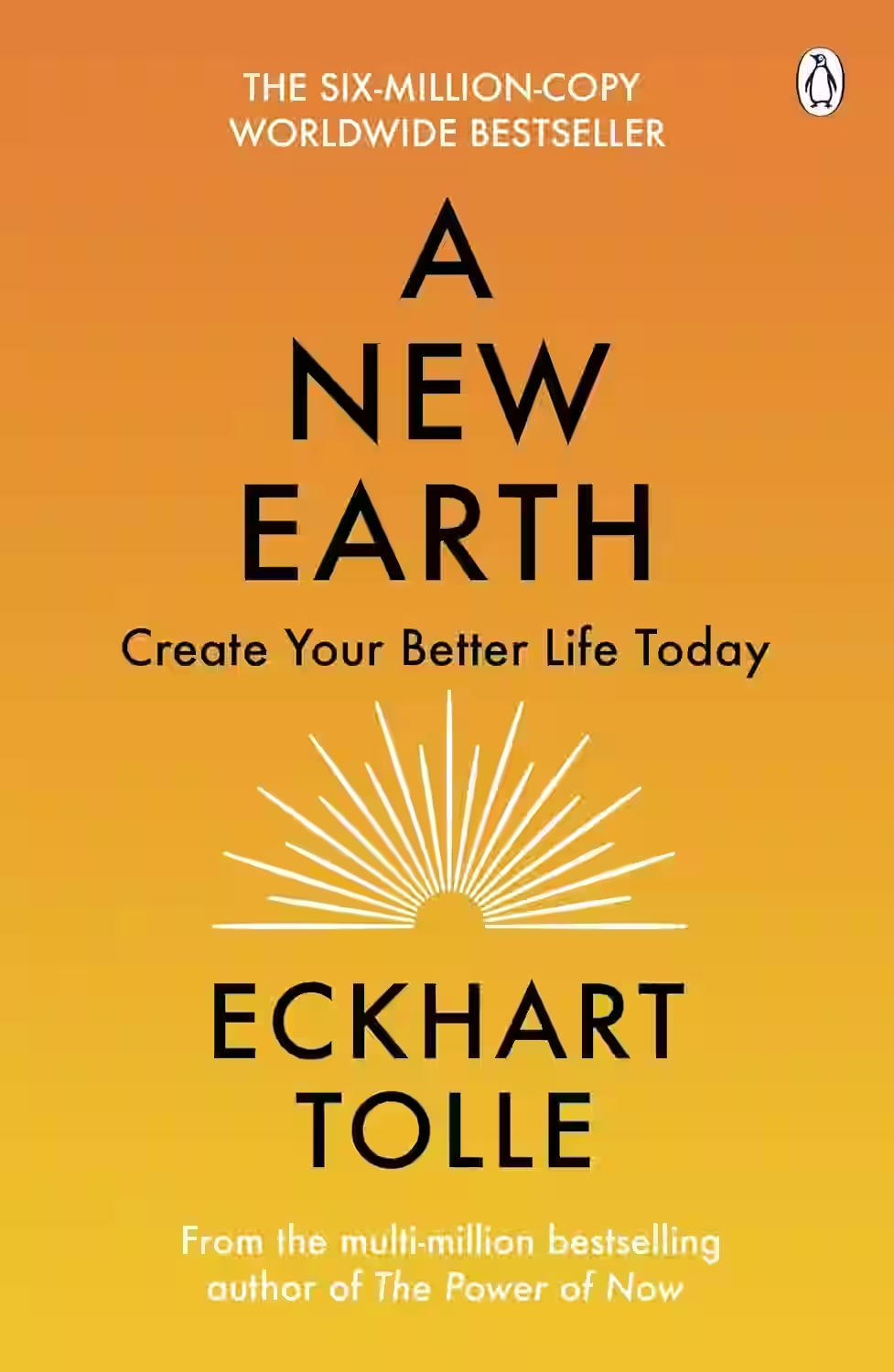
A New Earth
Eckhart Tolle's A New Earth explores the concept of ego and its role in human suffering. He argues that by transcending ego-based consciousness, individuals can achieve personal transformation and contribute to a more compassionate world. The book combines spiritual teachings with practical advice, encouraging readers to live in the present moment and embrace a higher state of awareness. Tolle's insights aim to inspire a shift in consciousness that leads to inner peace and a deeper connection with others.
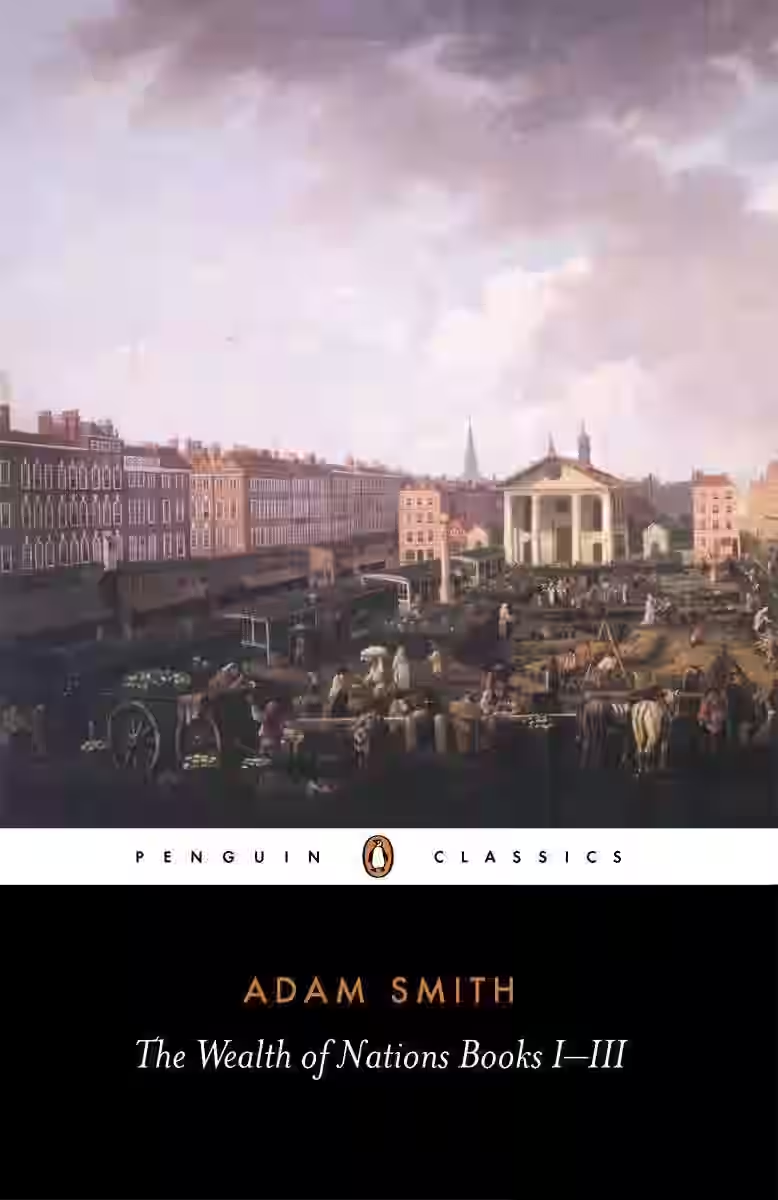
The Wealth of Nations: Books I-III
by Adam Smith
Series: The Wealth of Nations (#1)
In Books I–III of The Wealth of Nations, Adam Smith lays the foundation of classical economics by exploring the nature of labor, productivity, and market systems. He introduces the concept of the "invisible hand" and argues that individual self-interest can promote the public good through free-market mechanisms. Book I focuses on the division of labor and value, Book II on capital and stock, and Book III on the historical evolution of economic systems. Smith’s analysis of productivity, competition, and the role of self-regulation revolutionized economic thought and established key principles that underpin modern capitalism and economic theory.
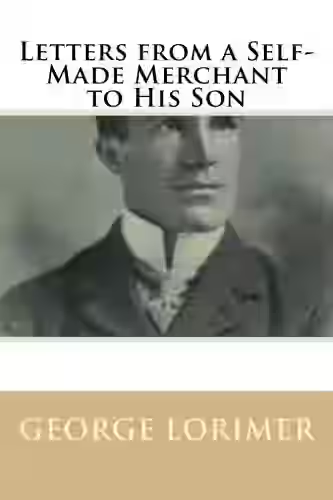
Letters from a Self-Made Merchant to His Son
First published in 1901, this epistolary book presents fictional letters from a successful Chicago pork packer to his college-aged son. Blending wit, business acumen, and life wisdom, the father offers advice on work ethic, integrity, personal character, and money management. Written in a candid and humorous tone, the book delivers old-fashioned common sense that remains surprisingly relevant. It's a manual not just for business, but for becoming a responsible and grounded adult. The blend of fatherly guidance and entrepreneurial insight has made it a classic on both parenting and leadership.
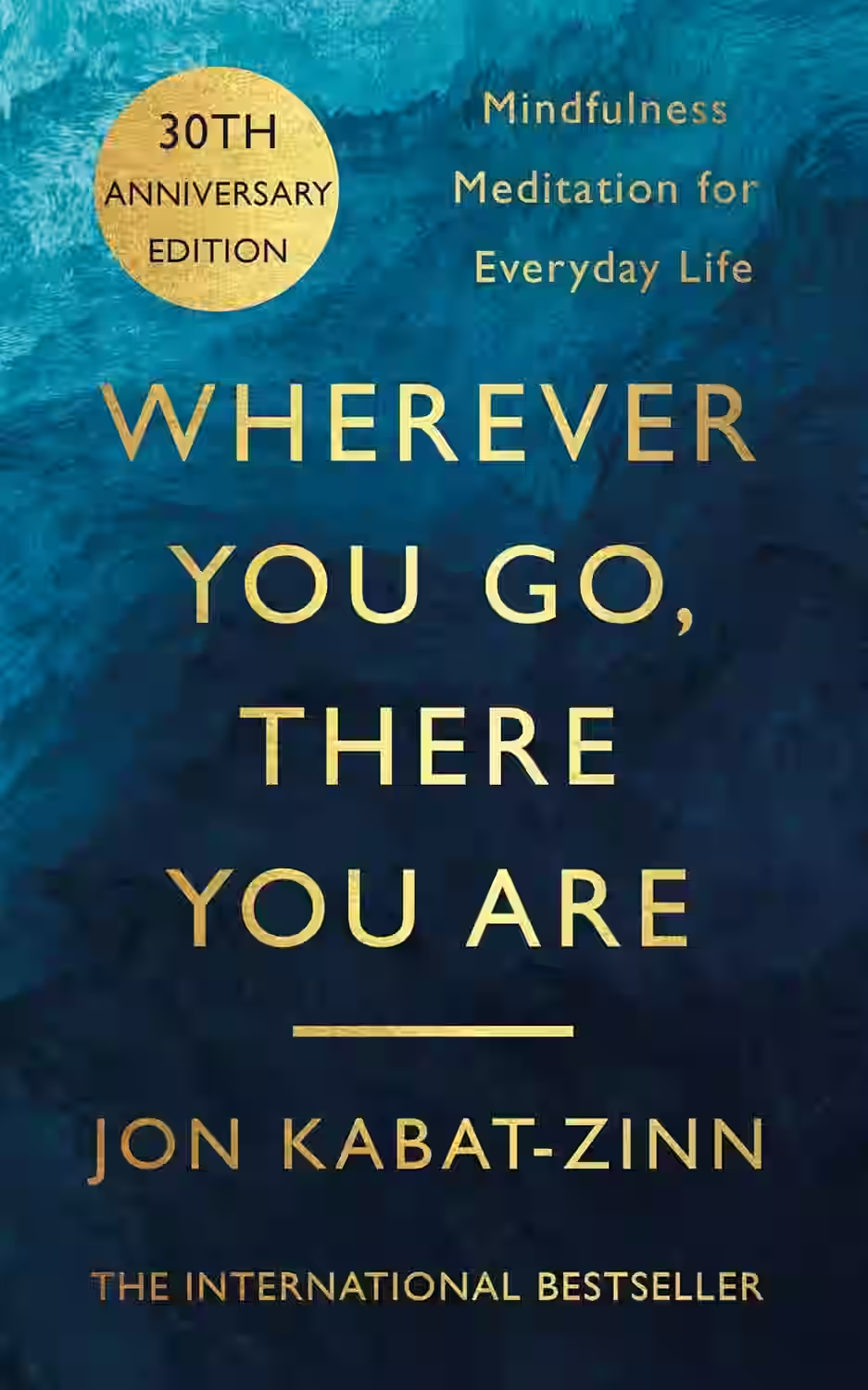
Wherever You Go, There You Are
This accessible guide by mindfulness pioneer Jon Kabat-Zinn introduces readers to the practice of meditation and its transformative effects. With gentle wisdom and simple language, he demystifies mindfulness, showing how it can be integrated into everyday activities to foster clarity, calm, and presence. Kabat-Zinn emphasizes that mindfulness is not about escaping or changing life, but embracing it fully—wherever you are. Divided into short chapters, the book is ideal for both newcomers and experienced practitioners. Its core message: peace and awareness are available in the present moment, no matter the circumstances, if we choose to be truly present.